|
Improper Uses of the Multipurpose Bucket Equipment Operators have created techniques to perform a variety of construction operations using loaders equipped with the multipurpose (4-in-1) bucket.
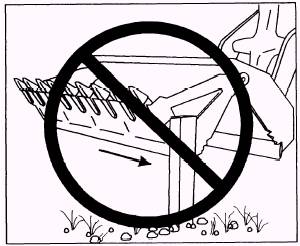
Figure 9-30.-Breaking off an object by side loading theclamshell.
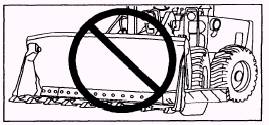
Figure 9-31.-Clamping an object on only one side of theclamshell. However, these techniques can cause UNNECES-SARY DAMAGE to multipurpose (4-in-1) buckets by subjecting them to conditions they were not designed for. Some of the ways a multipurpose bucket should NOT be used are as follows: Do NOT use the rollback as a force to pull stumps or buried objects from the ground, because this may bend the clamshell (fig. 9-28). Do NOT attempt to break off buried or anchored objects with the clamshell by back dragging, because this may bend the clamshell (fig. 9-29). Do NOT attempt to break off buried or anchored objects by side loading the clamshell, especially when opened, because this may bend the sides of the clamshell
(fig. 9-30).
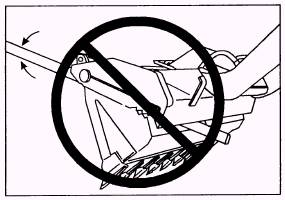
Figure 9-32.-Clamping an object and using it as a battering
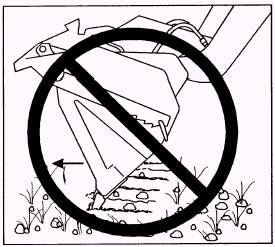
Figure 9-33.-Grading with the bucket in the dump position.
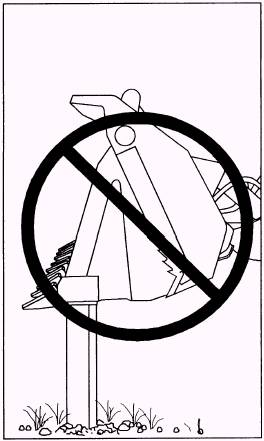
Figure 9-34.-Using the bottom of the clamshell as a piledriver. Do NOT clamp objects on only one side of the clamshell, because this causes uneven stresses and may twist the clamshell out of alignment (fig. 9-31). Do NOT clamp objects and use them as battering rams, because this may bend the clamshell and the cutting edge (fig. 9-32). Do NOT grade in the forward direction with the bucket in the dump position, because this can cause damage to the tilt cylinder and linkage (fig. 9-33). Do NOT use the bottom of the clamshell as a pile driver, because this will bend the clamshell (fig. 9-34). Do NOT attempt to load material in the bucket with an object caught between the clamshell and blade, because this could twist the clamshell out of alignment (fig. 9-35).
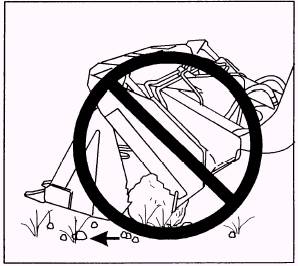
Figure 9-35.-Attempting to load material with an object caught in the clamshell.
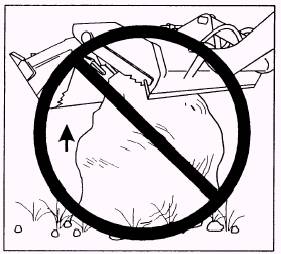
Figure 9-36.-Attempting to pickup objects too large for theclamshell. Do NOT attempt to clamshell objects too large to handle, because this may damage both the bucket and linkage (fig. 9-36).
|

